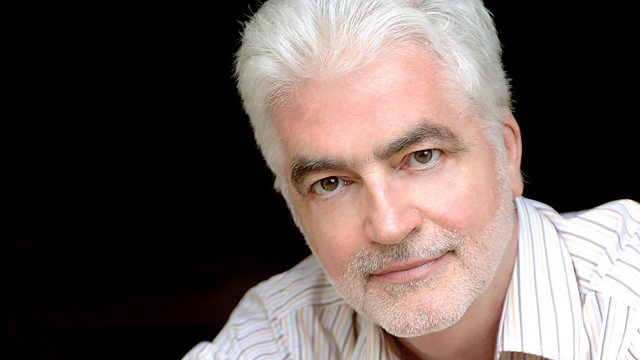
The Mystic Tie
Billy Kay studies the history of Scottish Freemasonry. He explores the mystic tie, the bond shared by brother masons, and examines the extensive cultural legacy of Freemasonry.
2/4
The mystic tie, according to Robert Burns was the bond experienced and shared by brother masons. Billy Kay reveals that as freemasonry took off in the 18th and 19th centuries, many of the great men of European culture were drawn to the craft - Mozart, Sibelius, and Goethe as well as Scottish icons like Sir Walter Scott and James Boswell. We shall celebrate the cultural legacy of Freemasonry and hear of the conviviality that arose out of the harmonies enjoyed when the formal, ritualised part of the evening was over.
A passage from the chapter The Mason Word in Billy Kay's book The Scottish World
In Scotland the masons had been engaged in the building of the great Abbeys in the Borders and elsewhere in the 12th century, and it is no coincidence that the place with the strongest claim to be the home of Scottish freemasonry, Kilwinning, is the site of one of these great abbeys, and the Mither Ludge - the Mother Lodge of Scotland stands in the leas of its impressive ruins. To visit there and see the mason marks on the stones of the abbey, then hear the oral evidence of what they are sure is an unbroken tradition going back to the 12th century, anyone with a feeling for history has that frisson we feel when we are close to something from the past which is powerful and far reaching. Later when I visited Washington DC and heard that the Edinburgh masons who built the White House had also left their individual mason's mark on every stone, I was haunted by the memory of Kilwinning Abbey and an image of the masons working there.
Last on
Broadcasts
- Mon 26 Nov 2007 11:30Βι¶ΉΤΌΕΔ Radio Scotland FM
- Tue 27 Nov 2007 00:30Βι¶ΉΤΌΕΔ Radio Scotland FM
- Wed 14 Aug 2013 13:32Βι¶ΉΤΌΕΔ Radio Scotland
